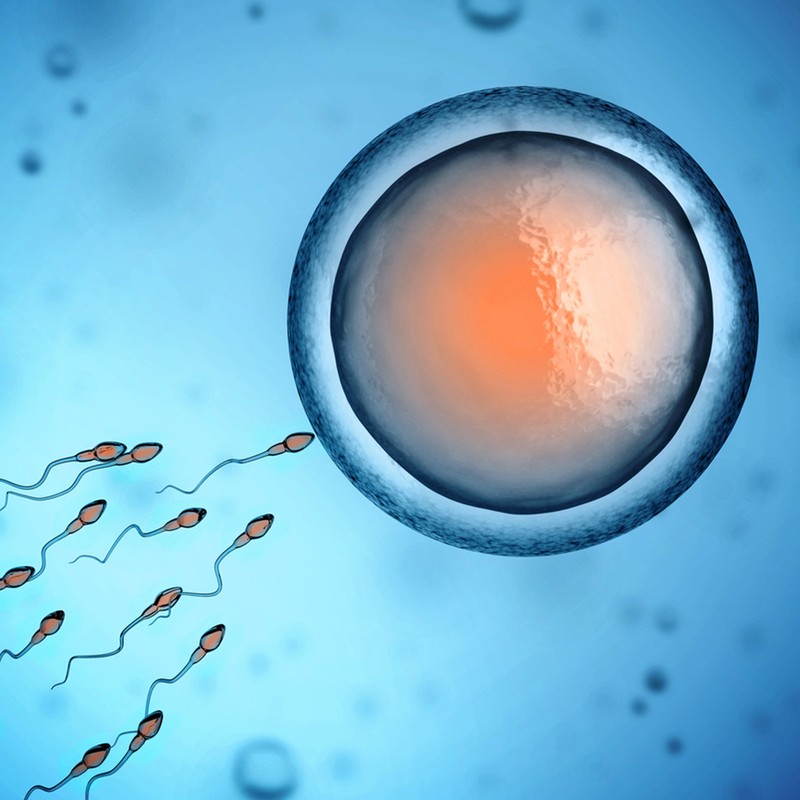9 Ways To Boost Your Fertility
Consider Losing Weight
Excess weight can affect male fertility due to a process carried out in fat cells called aromatisation. This triggers the conversion of testosterone to oestrogen, which can affect sperm count. Moreover, obesity can lead to the development of an apron of fat around the genitals, which can lead to overheating of the testicles, potentially reducing sperm numbers. Work out your BMI here – if it’s over 25, it’s worth losing a few pounds.
Cut Back On Alcohol
Habitual alcohol consumption can damage the quality, structure and movement of sperm by preventing the liver from properly metabolising vitamin A, which is crucial for healthy sperm development. Alcohol is also a major source of free radical damage and depletes the body of valuable vitamins and minerals like folic acid, which play a key role in sperm count. If you are thinking about starting a family, there’s no need to go completely teetotal, but try to cut down if you can – and avoid binge drinking.
Have Regular Sex
If you are trying for a baby, try to have sex at least three times a week. The idea of ‘saving sperm’ is a myth: research shows the fresher the sperm is, the better the quality. If you have been trying for a baby for a while and feel sex has become mechanical, try to get this back on track. Arousal and passion are linked to testosterone, which is integral to optimal sperm production.
Eat Your Greens
Research shows men with a low sperm count are still fertile if the sperm is in good condition, so ensuring your diet supports the condition of your sperm is essential. A diet high in antioxidants is proven to boost sperm health; try to include plenty of colourful fruit and vegetables that are naturally rich in vitamins C and E, both potent antioxidants. Zinc – found in meat, seafood, pulses, eggs and nuts – can also boost testosterone and raise sperm count, while selenium, found in Brazil nuts and garlic, has been shown to have a positive effect on sperm motility. Omegas 3 and 6 are also important for improving blood flow. Salmon, mackerel and sardines are the best sources; flaxseed oil is a good alternative for those who don’t eat fish.
Quit Smoking
Heavy smoking has been associated with decreased IVF success rates, increased miscarriage rates and decreased sperm count, so it pays to cut back. Although it’s advisable not to smoke at all, having the odd cigarette is unlikely to have a significant effect on male fertility.
Take A Supplement
You should take a ‘food first’ approach when it comes to nutrition, but certain nutrients necessary for optimal fertility are needed in such high doses that a supplement is the most realistic solution. A good-quality multivitamin is a good place to start – try to find one specifically developed to support male reproduction. However, be patient and don’t expect miracles overnight. Sperm is produced on a three-month cycle, so it can take time for nutrients to do their job.
Reassess Your Exercise Regime
While the benefits of exercise generally outweigh the risks, it’s worth cutting back on the intensity of your workouts if you are trying for a baby. Studies show high-intensity training, particularly among male triathletes, significantly diminishes sperm quality. There appears to be a direct correlation between intensive exercise, especially cycling, and sperm quality – the more time and distance covered, the worse the quality. If you are a keen cyclist, make sure you wear padded shorts and have a good saddle with a grove or gap to reduce pressure. Men should also avoid very high-protein diets as they are acidic and can take a toll on sperm quality.
Cut Back On Caffeine
Moderating your caffeine intake is important if you are trying to conceive. Aim for no more than 200mg per day, equivalent to a couple of shots of espresso. Caffeine may cause sperm to become hyperactive in the seminiferous tubules. This affects motility on ejaculation and may also be associated with chromosomal damage. Remember caffeine is found in tea, green tea, chocolate, coca cola and some medications, as well as coffee.
Get Tested
If you are having difficulty conceiving, it’s worth organising a few general fertility tests to put your mind at rest. A semen analysis is a good first port of call, primarily as it’s such a simple test to carry out. Your GP can do it, but for a more thorough result (GP tests only examine sperm count, motility and structure) it’s worth booking into a fertility clinic for a more rounded picture.
To book an appointment, visit ZitaWestClinic.com
DISCLAIMER: We endeavour to always credit the correct original source of every image we use. If you think a credit may be incorrect, please contact us at [email protected].


